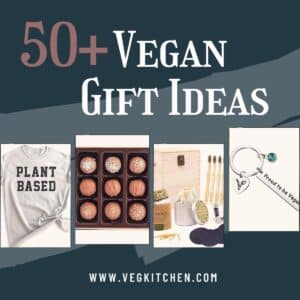Getting a healthy meal into yourself and your family can be challenging enough. Try multiplying that by seven billion. Now we've got issues every step of the way — what food we produce, how we produce it, how we distribute it, what we eat and how we waste it. By 2050, our population is predicted to grow by two billion more. That's nine billion people on the planet and all of us hungry. The planet will not be getting any bigger. Or any more fertile. So it's up to us to be smarter about growing, sharing, eating and preserving our food.
Worldwatch Institute and the Barilla Center for Food and Nutrition are working together to grapple with these grand scale issues. At "Eating Planet," a recent symposium in New York, they gathered sustainable farming and food policy experts to share their findings along with some other sobering stats. Among the seven billion of us, one billion are overfed and obese and suffering all the attendant miseries — cancer, diabetes, heart disease, rocketing medical costs, plus impacts on the family and the workplace which are distinctly not fun. On the other side of the continuum, the world has one billion underfed people, those struggling with poverty, food insecurity and outright hunger. Also not fun.
Here's what's amazing— these two problems have a single solution. "Agriculture is the answer," as Danielle Nierenberg, director of Worldwatch Institute's Nourishing the Planet project, put it. Growing indigenous crops empowers the people who need it most. The foods that best sustain the planet, with the highest yield and the lowest carbon footprint are the same foods that best sustain us — vegetables, fruit, whole grains, beans, nuts, seeds — your plant-based diet greatest hits.
The prime contributor to obesity and obesity-related illnesses is the same one that sucks up land and water and grain — grain that could feed us. We're talking meat. As Nierenberg and Edible Manhattan publisher Brian Halweil said in a recent New York Times op-ed, "Meat remains the most energy- and resource-intensive ingredient in our collective diets." So rather than raising more beef that will make more people more obese at a cost to the environment, how about we dedicate that precious land and water to benefit another precious resource — us?
"Produce is the most important thing to grow and eat," said Ellen Gustafson, of Barilla Center for Food and Nutrition's advisory board and founder of 30 Project, the sustainable food nonprofit.
Eating Planet's numbers are staggering, but what really moved all the members of the panel are people, from an African woman who put aside her dignity to pick up a few grains of maize to feed her family to the women of SEWA, who organized their own labor force, giving voice and power to India's vast numbers of impoverished, self-employed women.
We take abundant food for granted here. We take our own power for granted, too. We shouldn't. As the One Campaign's sustainable agriculture and food aid policymaker Kelly Hauser said, when you call your congressman or even e-mail, Washington pays attention. Your voice makes a difference.
I'll add what you choose to eat makes a difference, too. All seven to nine billion of us deserve to be nourished. If just a fraction of the seven billion of us speak up more and eat meat less, we can save —and nourish— the world. It all starts with you— your plate, your voice, your choice. Missed the "Eating Planet" symposium? Read the book — Eating Planet 2012.*
- See more of Ellen’s Meatless Monday Musings on VegKitchen.
- Link here to Ellen's Pasta with Celery, Kale, and Walnut Gremolata.
Ellen Kanner writes the Meatless Monday column for The Huffingon Post, is the Edgy Veggie, a syndicated columnist, and Dinner Guest blogger on Culinate. She is also a contributor to Bon Appetit, Relish, Eating Well, Vegetarian Times, More, the Miami Herald and regional publications across the country.
*This post contains affiliate links. If the product is purchased by linking through this review, VegKitchen receives a modest commission, which helps maintain our site and helps it to continue growing!






Comments
No Comments